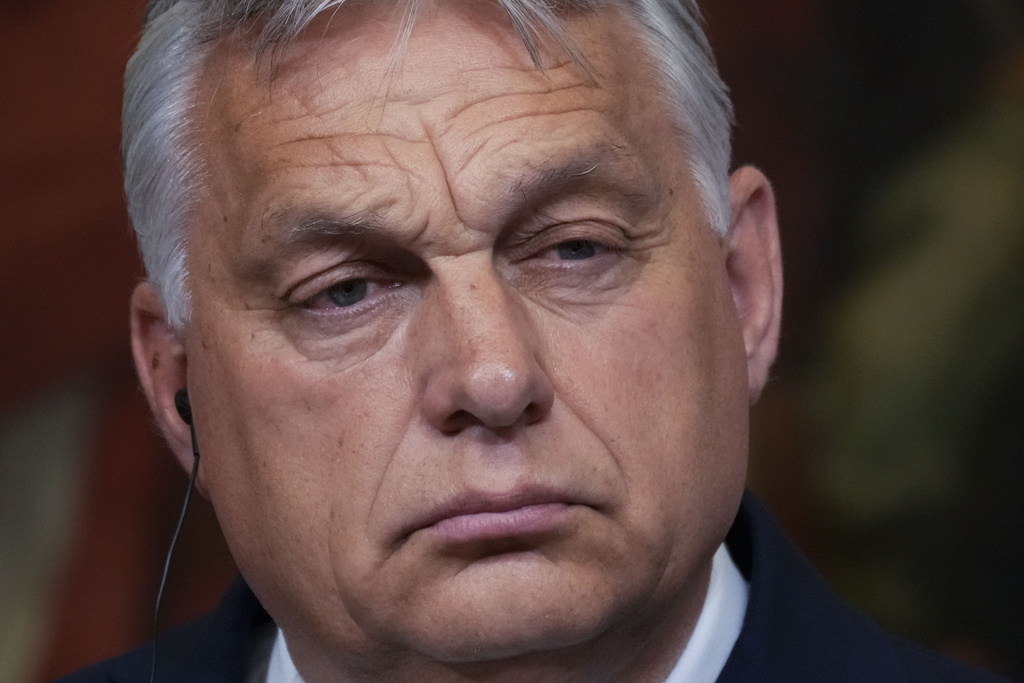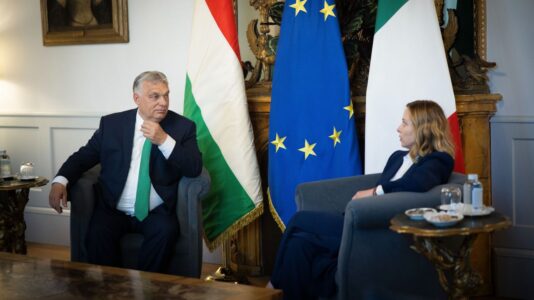In the intricate game of chess that is European politics, few moves are as audacious and consequential as those made by Viktor Orbán. As Europe finds itself mired in various crises — from political paralysis in Germany to deepening economic turmoil across the continent — Orbán’s actions could significantly influence the EU’s trajectory.
Germany, typically a powerhouse in European politics, is currently crippled by internal strife within its coalition government and lacks a clear direction forward. France faces its own political upheaval, with no end to the turmoil in sight. Meanwhile, countries such as Spain and Italy, despite political gains under leaders like Giorgia Meloni, are not immune to the chaos. Even the Netherlands is experiencing a militarization of its leadership, marked by a former intelligence chief taking the reins of government.
These crises have provided fertile ground for what I call the ideological madness of the all-knowing leftist elites, whose misguided policies have battered the economy and disrupted social order with their green zealotry and neo-Bolshevik experiments. The recent EU elections have shown a distinct shift to the right, a trend that is likely to persist and intensify, fundamentally reshaping the political landscape.
The realignment in the European Parliament, where over 100 MEPs now operate independently of traditional groups, underscores the current volatility. These unaffiliated MEPs are increasingly pivotal, making any coalition formations speculative at best, especially given the fragmentation within major political groups like the European People’s Party (EPP), Socialists and Democrats (S&D), Renew Europe (RE), and the Greens.
However, the coming six months promise to be a period of particularly dynamic change, with Orbán poised to play a key role. Despite desperate attempts by the neo-Bolsheviks and the EPP to sideline Hungary, Orbán’s upcoming presidency of the EU beginning July 1 signifies that Hungary will likely dictate much of the EU’s agenda in the near term. This period could redefine not just Hungary’s role in Europe but potentially its influence across the broader geopolitical spectrum.
I am absolutely convinced that Viktor Orbán can make great use of this tool. Moreover, Weber’s secret visit to Budapest indicates that he is similarly aware. In this context, I would interpret Weber’s moves as aimed at aggressively tempering Tusk. Weber simply realizes that without the ECR, Le Pen and Orbán, he can achieve very little.
The implications of this are profound, not just for Hungary but for all of Europe. As political shifts in France threaten to further destabilize the region, the role of figures like Orbán becomes even more significant.
While the European Union continues to navigate through these turbulent times, the actions and strategies of Viktor Orbán will undoubtedly shape not just the future of Hungary, but potentially that of the entire continent. His ability to leverage this situation could prove to be a defining moment in European politics. It is a critical moment that could see Poland rise as a key player in the region, although this potential remains largely untapped.
What a pity.






